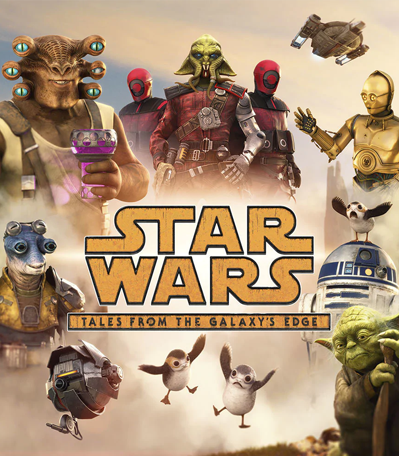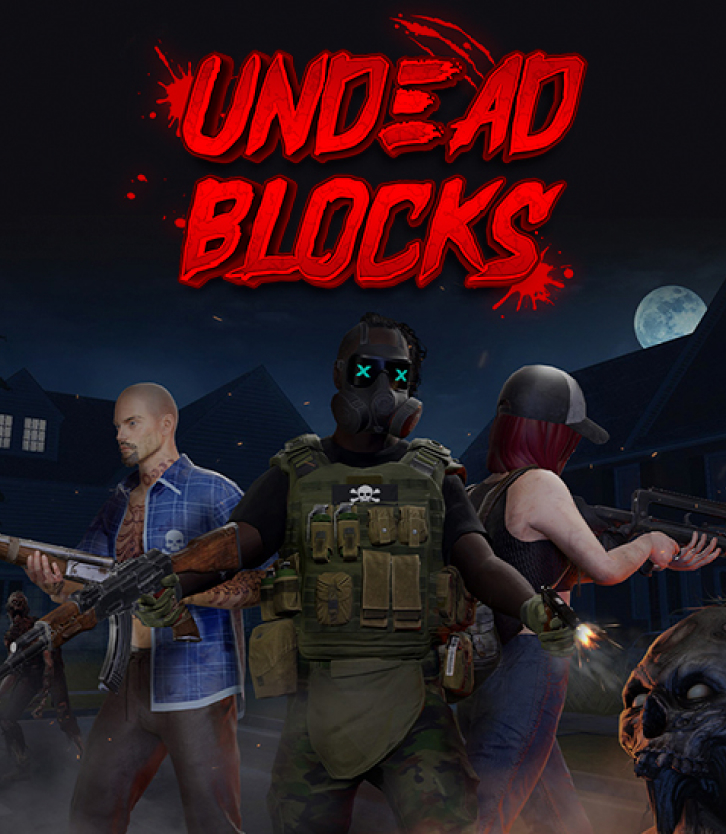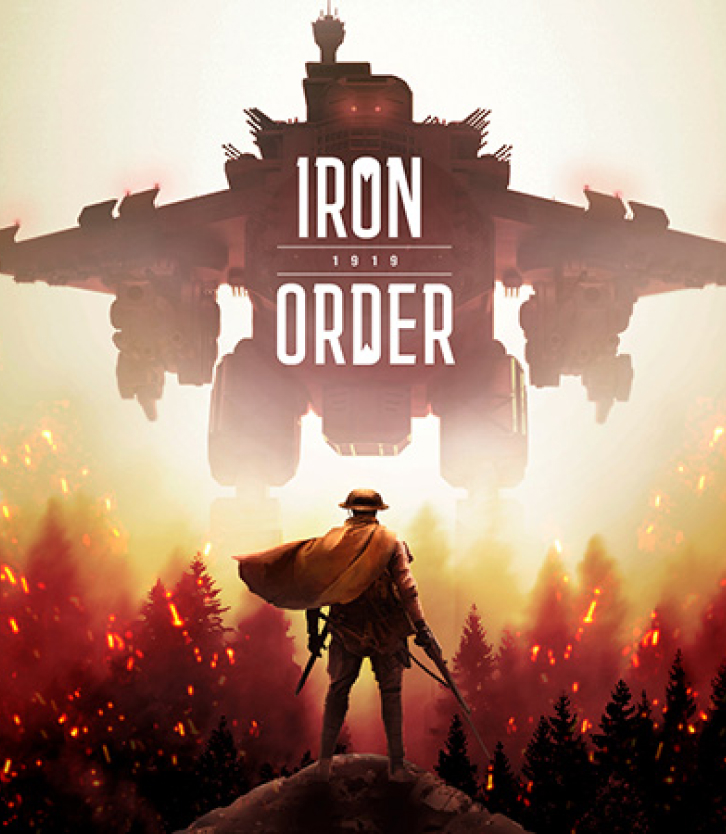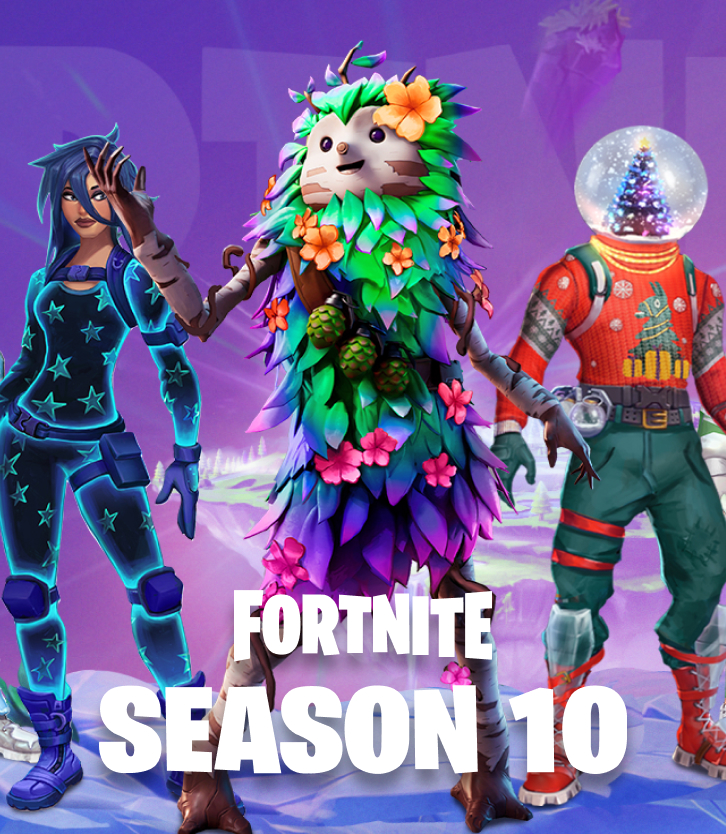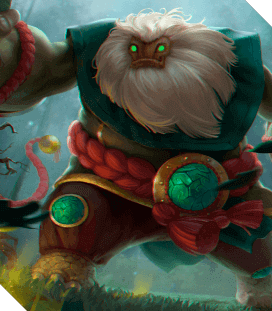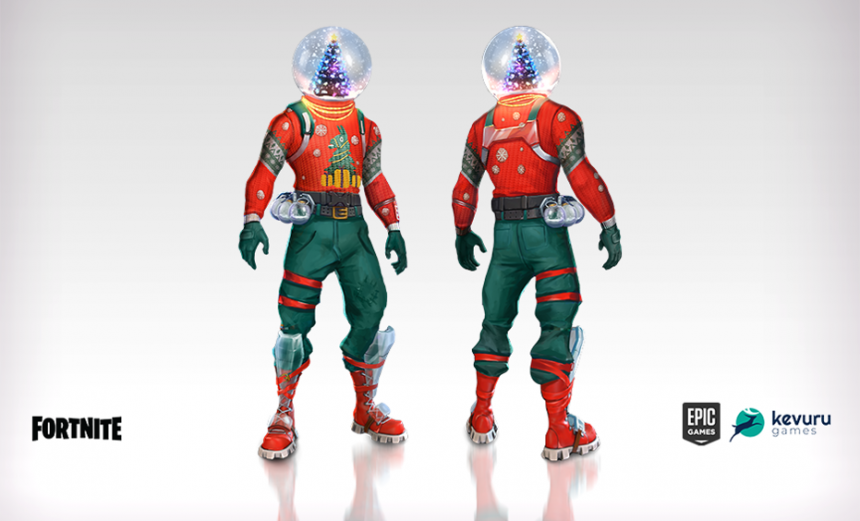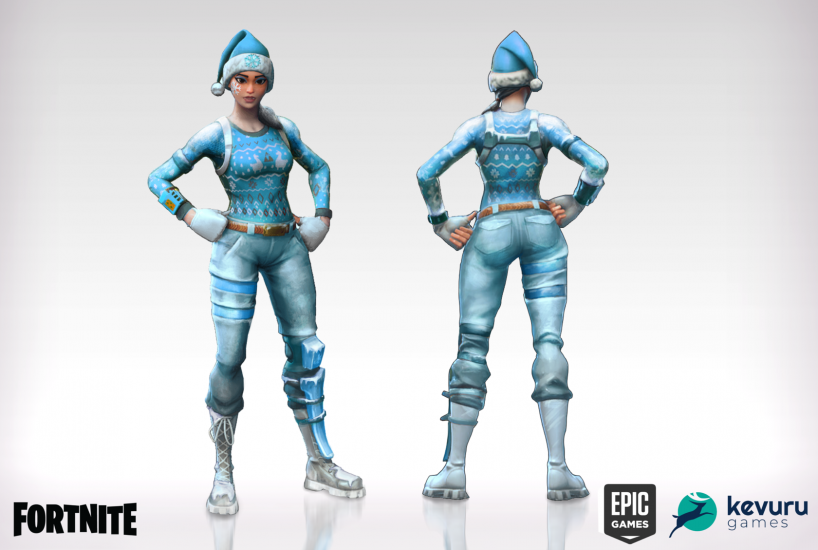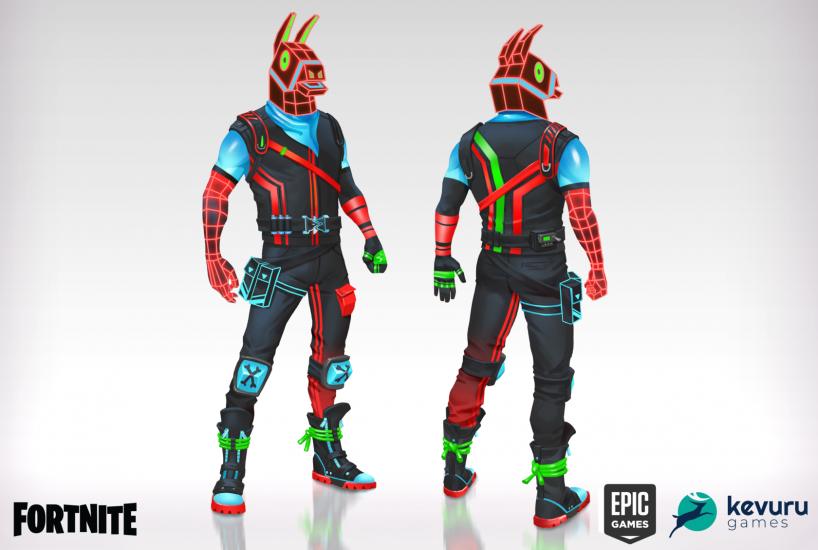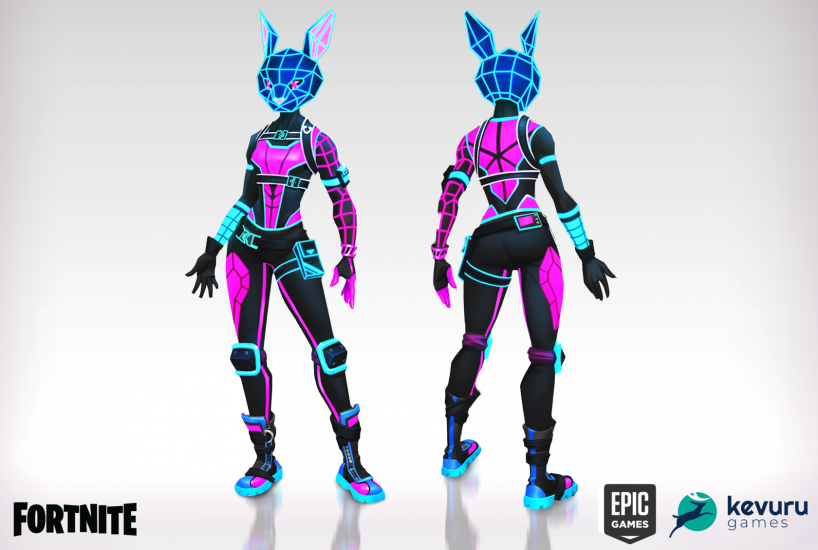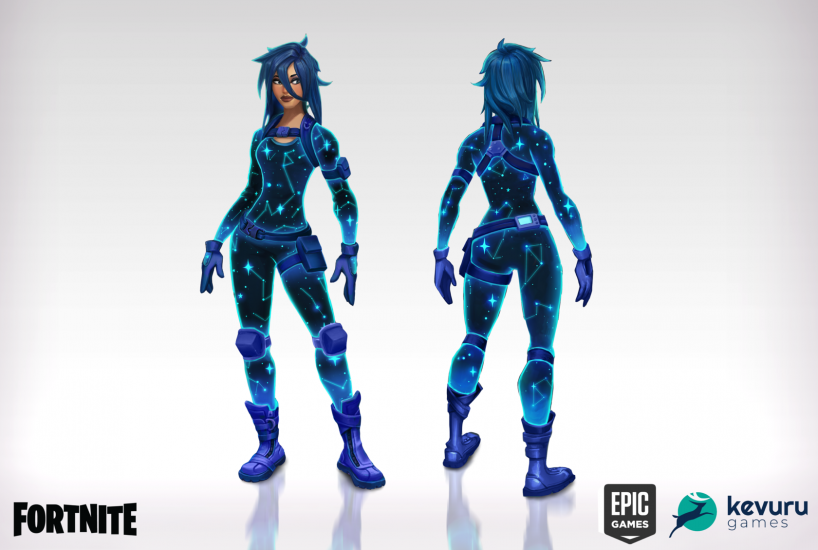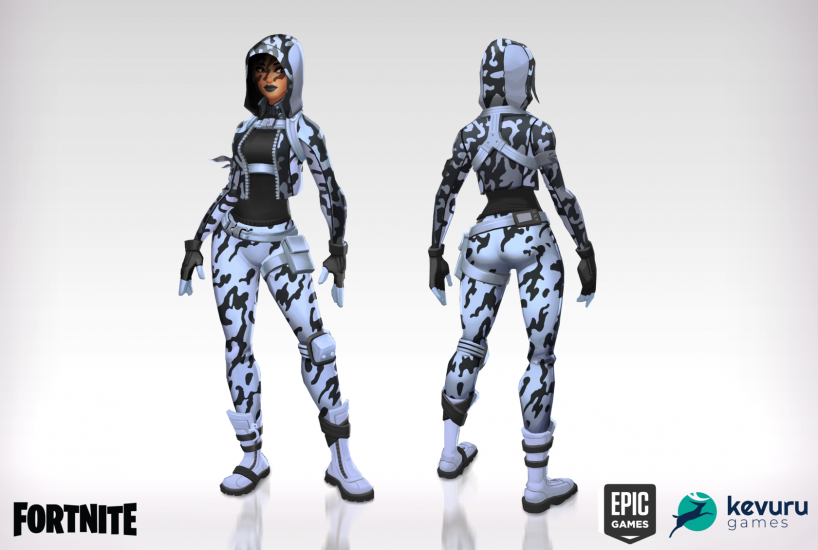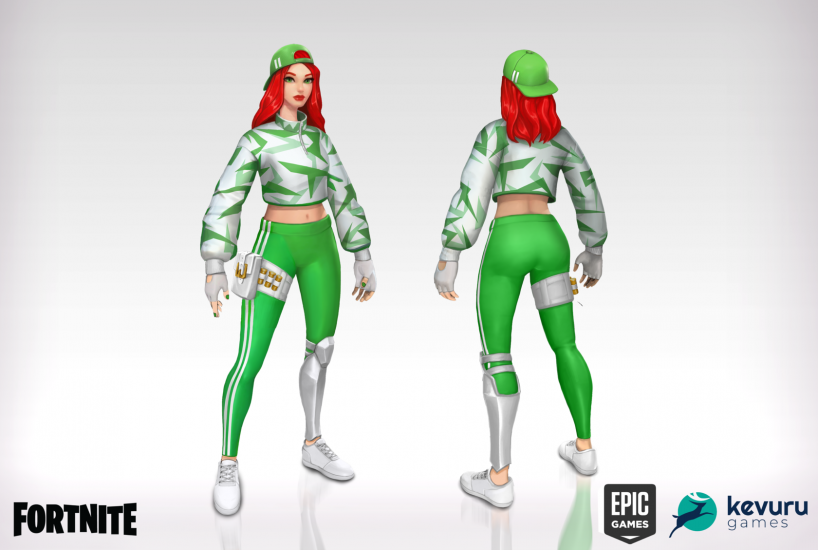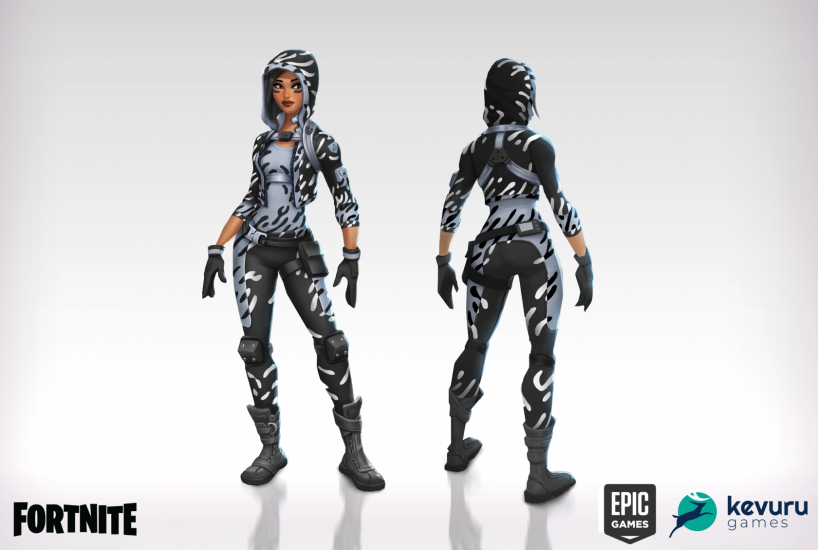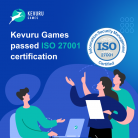With a huge variety of video game companies offering their services, it becomes incredibly difficult to choose one. More often than not, the agonizing search results in you wearily browsing endless websites and finally finding some feature, whether it’s a piece of art in a portfolio or a compelling testimonial from a previous client. You are satisfied with this insight and decide to cooperate so as not to waste any more time.
But in the end, everything is not so rosy. The new partner cannot guarantee the completion of the work on time, does not really understand your requirements, and their overall qualifications turn out to be much worse than you expected. Time and money are wasted and you need to start the search from the very beginning. The curtain falls.
We invite you to break this vicious circle of searching convulsions and wrong choices. Grab and record a list of the most important video game questions to ask your future contractor to see if they are worthy of your project.
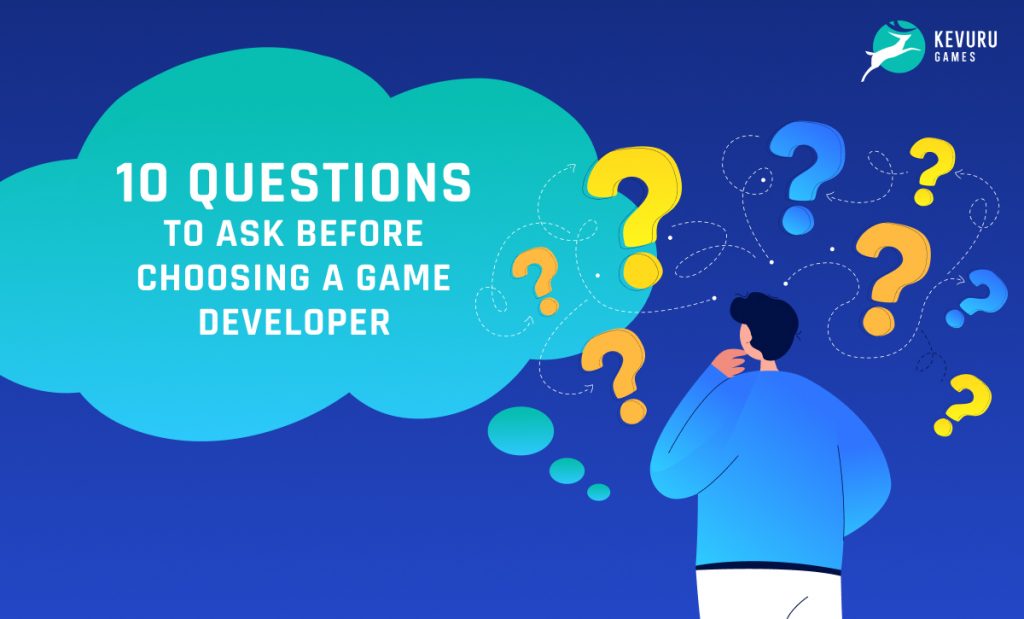
Why Ask Questions to a Video Game Developer?
The right questions provide an opportunity to get a complete picture of the company and its expertise. Video game questions to ask in general are the best way to get to know your future business partner. Just imagine that this is an acquaintance by analogy with your meeting a new person. But instead of asking about hobbies, work, leisure, and interests, you ask about work processes, development stages, rates, and team composition.
Is It Possible to Create a Video Game Yourself?
This is definitely not the right question to ask a game developer. But you can ask yourself this first. And you will see how one question branches into many others:
- Are you aware of the scale of work required to create a video game?
- Do you have the necessary knowledge to cover all aspects of working on a game?
- Can you draw 2D or 3D art?
- Are you proficient in animation tools?
- Are you familiar with the basics of game design?
- Are you familiar with game engines?
- Are you good at testing?
And this is just the tip of the iceberg, the most obvious video game questions to ask yourself.
Don’t get us wrong. Everything can be learned. You can learn to draw, code, test, and in 5+ years become the second Eric Baron with a Stardew Valley level masterpiece. But are you ready to invest so much effort and time into something that does not guarantee success? This is a huge adventure that will become an unbearable burden for you and will be the main test of your willpower and motivation. But motivation is a variable thing. Sometimes it only lasts for a few days. And sometimes hours.
Plus, keep in mind that the pixel art that captivated the players in Stardew Valley no longer has the same magic as it used to. Now the arena is being taken over by ultra-realistic 3D games. Making such a game on your own will be much more difficult and longer. And who needs these sacrifices? After all, you can always turn to an outsourcer or even several ones, give them tasks, and control the process like a boss.
As the famous masterpiece from the Finnish gaming company Remedy says – take control.

The Popularity of Video Games: Statistics
With $184.4 billion generated in 2022, the gaming market could reach $211.2 billion by 2025.
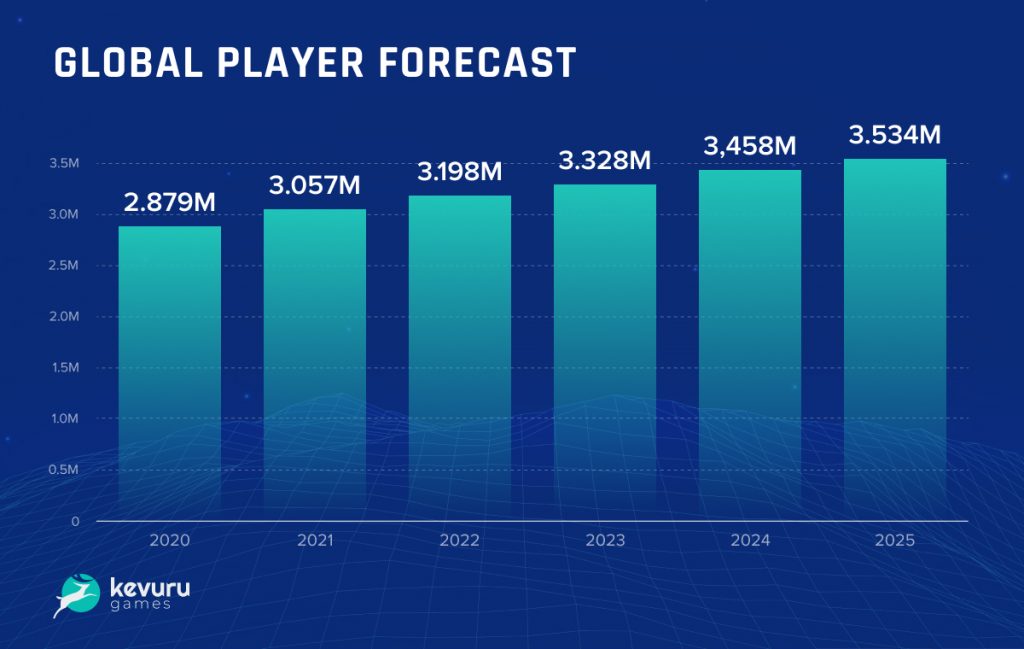
- 50% of the income of the entire gaming industry comes from mobile games. In 2022, this segment generated $92.2 billion and covered 2.675 billion players.
- The console games market came in second place, bringing in $51.8 billion from 603 million players.
- The PC games market generated $40.4 billion, backed by a loyal and reliable army of 1.045 billion players.
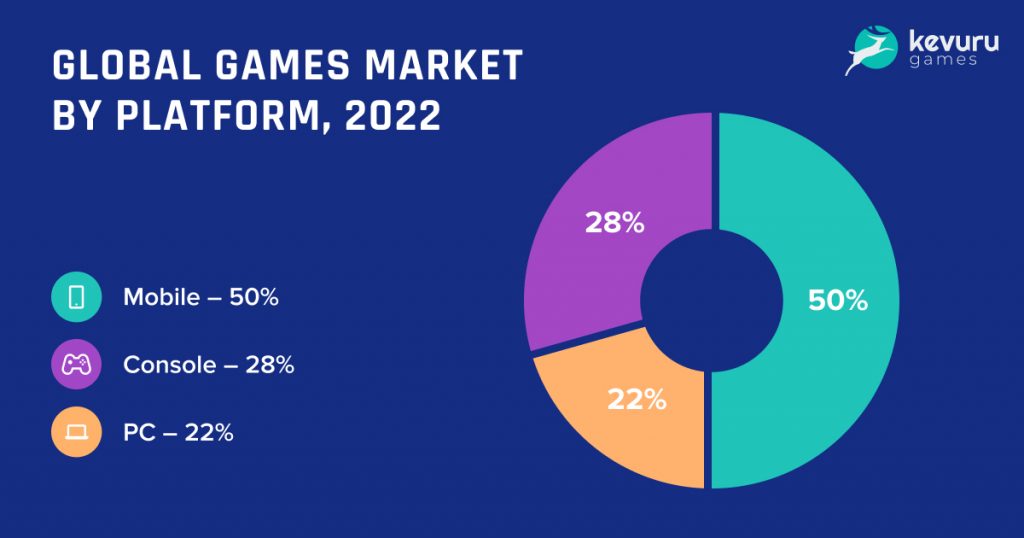
The number of players is also gradually increasing from year to year. Statista predicts that, in 2023, the number of players could reach 3.3 billion.
A player is anyone who has played games on a mobile device, PC, or console in the past 6 months.
| Year | Players | Annual growth | Annual growth, % |
| 2020 | 2.879 billion | +170 million | ↑ 6.44% |
| 2021 | 3.057 billion | +150 million | ↑ 5.34% |
| 2022 | 3.198 billion | +130 million | ↑ 4.39% |
| 2023 | 3.328 billion | +130 million | ↑ 4.21% |
| 2024 | 3.458 billion | +100 million | ↑ 3.11% |

You can learn more about game design trends in 2023 in our extensive research. There we study in detail the technological, social, format, and genre trends that will be relevant this year. For a quick look at key trends, you can refer to a shorter study covering 5 (+1) major trends that set the tone for the gaming market.
Dive Deeper:
✔ Game Design Trends That Will Rock 2023: Main Factors Shaping the Further Development of the Gaming Industry
✔ 5 Most Exciting Gaming Technology Trends in 2023 [+ Special Bonus Trend That-Must-Not-Be-Ignored]
What to Ask a Game Developer: Top 10 Questions
And now let’s move on to the questions that you should ask the developer before choosing a particular game development company.
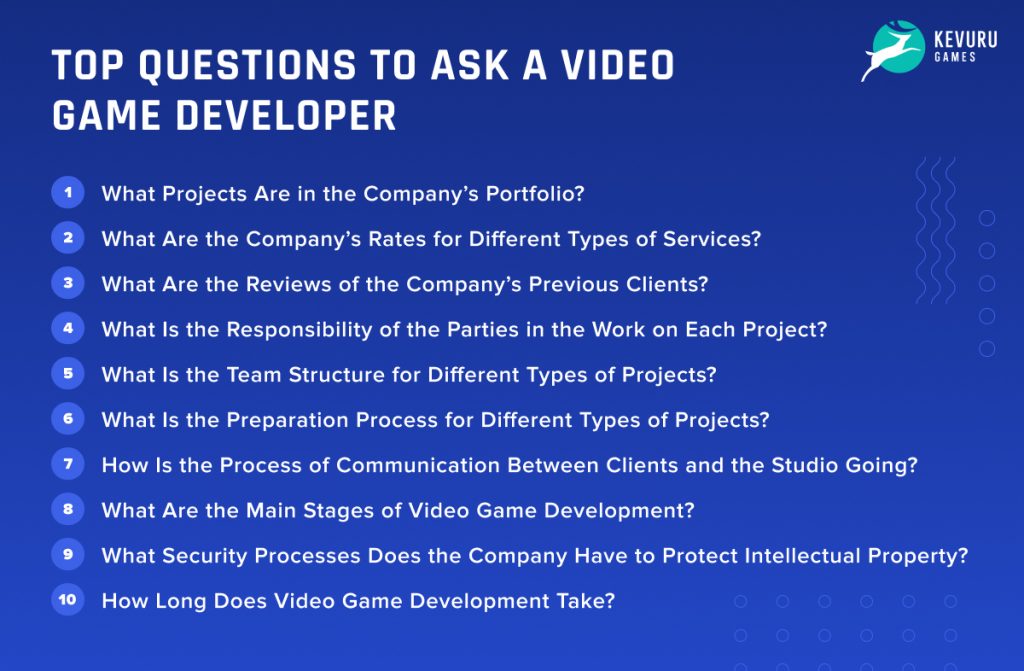
1. What Projects Are in the Company’s Portfolio?
Make sure that the studio has already worked in the style you are interested in on similar projects. This is one of the most important questions to ask a video game publisher. So we put it first. A portfolio is a mirror of a company’s expertise.
If you do not find the work you need in the public portfolio, ask the company for more information. Perhaps they have presentations on various graphic styles and development directions on request that they are ready to send you. Kevuru Game has such a pool of presentations for many graphic styles and game development services.
2. What Are the Company’s Rates for Different Types of Services?
Unlike other video game questions to ask, this one is pretty tricky. The fact is that game studios usually do not have a clear table with prices for each service since each project is estimated individually. The studio evaluates the amount of work, forms a team, approves the pipeline and deadlines, and so on.
Important note. Some information may be partially available. For example, we at Kevuru Games talked about the approximate cost of creating 2D and 3D characters. Don’t hesitate to check it out if you are interested.
Dive Deeper:
✔ Character Design Cost: What Shapes the Price and How to Choose a Worthy Company [Extended Checklist]
Note that qualified and experienced companies will easily offer you an estimate based on your needs and conditions. Formation of the estimate usually takes from one to several days. It is approximate, but gives you an idea of the required budget.
3. What Are the Reviews of the Company’s Previous Clients?
If you don’t know what questions to ask about a video game, ask about the experience of previous clients. In everyday life, we often rely on reviews before buying different things. This also works with the choice of the service provider. Refer to the experience of those who have already entrusted their projects to this company. Find out if all expectations matched reality. Testimonials often provide a wealth of valuable insights that a company would never have posted on their website.
The best place to look for reviews is not on a game studio site where you can write anything, but on third-party independent resources like GoodFirms, Clutch, and Designrush. The falsification of reviews on such platforms is practically reduced to zero. In addition, the reviews there are well structured and easy to read.
![Reviews - How to Choose a Reliable Game Design Company? [Checklist] - Practical Tips!](https://kevurugames.com/wp-content/uploads/2021/03/image.png)
4. What Is the Responsibility of the Parties in the Work on Each Project?
You didn’t think that it would be enough to give the company a task and forget about it until the results were delivered, did you? Each party is responsible for certain aspects of the work at each stage. On your part, this is usually the study of intermediate results of work, coordination, editing, additions, and so on.
Among the mandatory elements of the gaming company’s responsibility are an NDA agreement, preparation of technical specifications, status reporting, etc. For example, a detailed description of the areas of responsibility of the client and the service provider is available on our website in the Our Process section. Details are given for both outsourcing and outstaffing models.
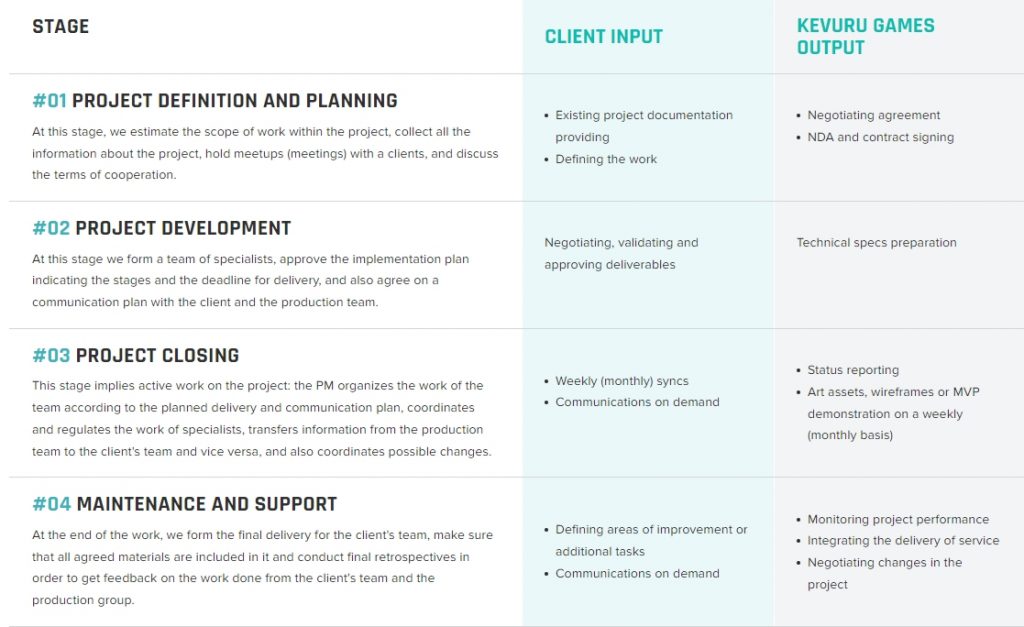
5. What Is the Team Structure for Different Types of Projects?
Ask a game developer about the composition of the team, and you will understand what you are paying money for. Each team member is not only the executor of your tasks, but also a separate expense item that you need to know about. A detailed description of the contribution of each specialist makes the picture of cooperation transparent and understandable.
Examine the pages of the services you are interested in regarding the composition of the team for each service. If this information is not available, ask the company for it. The answer will be an indicator of the professionalism and qualifications of the company. If it hesitates and does not give a clear answer regarding the specialists who will work on the project, refuse it immediately.

6. What Is the Preparation Process for Different Types of Projects?
Whether you’re going to outsource art, animation, development, testing, or any other task to a game company, you need to know how long the prep process will take. This process, in fact, is the activation of the company’s resources and the gathering of all the necessary specialists to start working on the project.
Why is it important? Because the official date of work on your project depends on the duration of the preparatory process. The duration of this stage is primarily affected by the availability of the necessary specialists. This is especially true if the company is running several projects at the same time and the necessary specialists are not available at the moment. In this case, you may need to wait. Decide for yourself if this option is right for you.
Dive Deeper:
✔ How to Find Game Artists for Hire? HR Tips [Updated 2023]
7. How Is the Process of Communication Between Clients and the Studio Going?
Proper communication is what largely determines the success of the project. Making sure how well the parties understand each other is essential to avoid misinterpretations and, accordingly, constant improvements and revisions.
Often the frequency and means of communication are set by you as the customer. You decide, for example, to call once a week using Google Meet, and the team fits in with you, offering work results for each of your new meetings. It is especially important to discuss the communication time in advance if you and the performer are in different time zones.
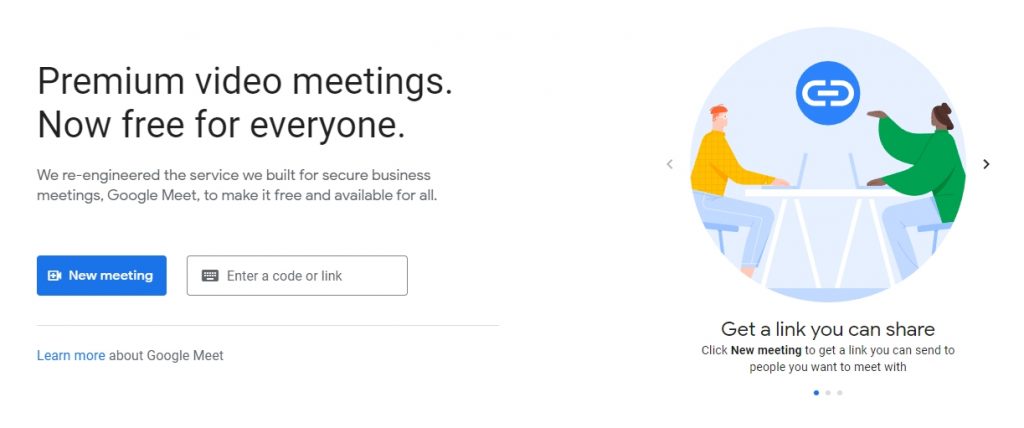
8. What Are the Main Stages of Video Game Development?
If you are planning full-fledged game development and are hiring an outsourcing company to handle it, you need to know what the development steps will be. Of course, there are well-known pre-production, production, and post-production, which we already talked about in the material about the stages of game development. But each game company structures the content of these stages in its own way, and you need to be aware of this.
Dive Deeper:
✔ 6 Key Stages of Game Development: From Concept to Standing Ovation
Understanding how the company plans to organize the development process will give you valuable insights into the duration of the work and help form major milestones before the release of the game. Knowing how development is progressing, you will be able to create a detailed roadmap, plan marketing activities in advance, organize beta testing for players, and more.
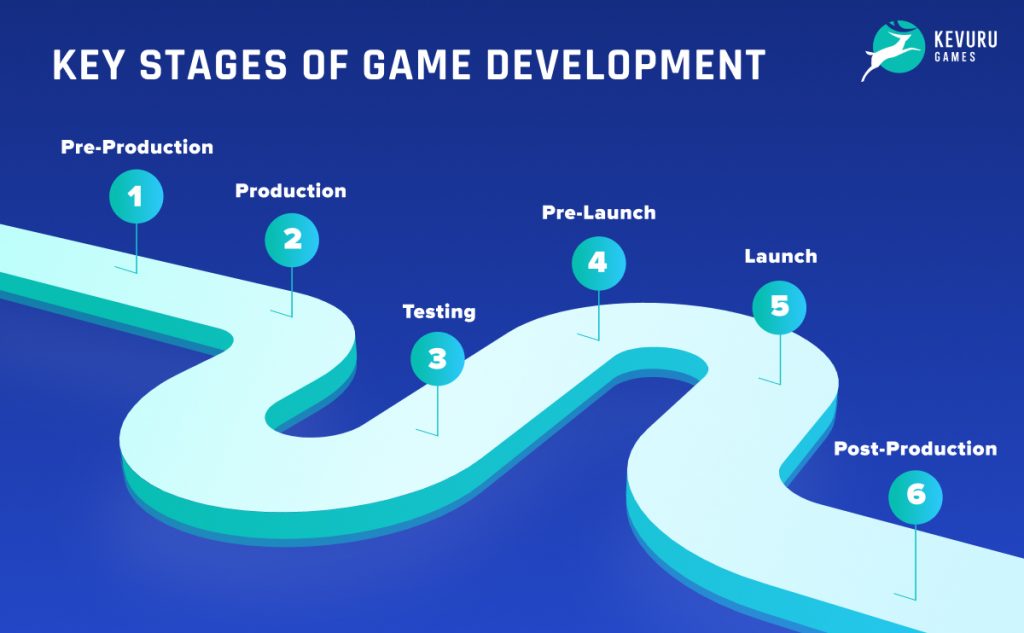
By the way. Most questions to ask during video game beta testing will be addressed to players, not developers. Communicating with players and listening to their feedback is the most important component of the future success of the game.
9. What Security Processes Does the Company Have to Protect Intellectual Property?
This is a very important issue, all the details of which should be clearly spelled out in a non-disclosure agreement. In simple terms, you must make sure that the company guarantees that the created materials, art, animation, code, etc. will not leak to the Internet without your permission.
This also applies to materials, designs, or drafts that you can hand over to the team for refinement or revision. All these assets must be protected. In the future, after the work is completed, the team may ask you for permission to place images of various game assets or game screens in your portfolio. You can either allow or deny this at your discretion.
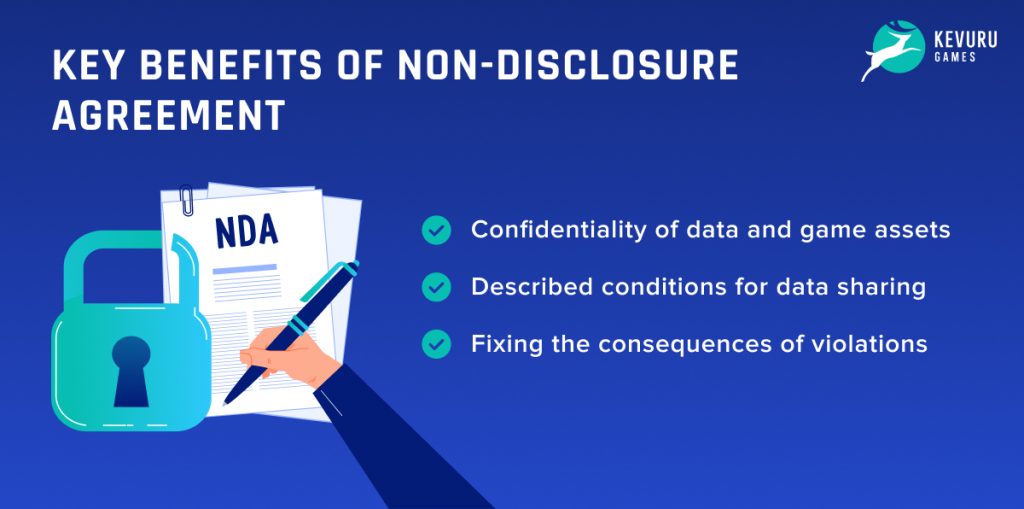
Additional hint. It is best to have your lawyer review the NDA agreement. Then you will definitely not miss a single detail.
10. How Long Does Video Game Development Take?
This question to ask a game studio is partly included in the question on stages of development. You may have already received a detailed answer to it when you learned how the team will work on your project. However, it is better to clarify this again. This is especially important if you plan to release the game by a certain date and need to understand if the team will be on time.
Another nuance that you may encounter is the change in development time due to different circumstances. Certain tasks may take longer to complete than originally planned. There’s nothing to worry about, since making a game is creative work, and a lot of things can change and transform during the development process. Therefore, if a certain deadline is important to you, check with the team how it will be affected by the delay in working on certain tasks.
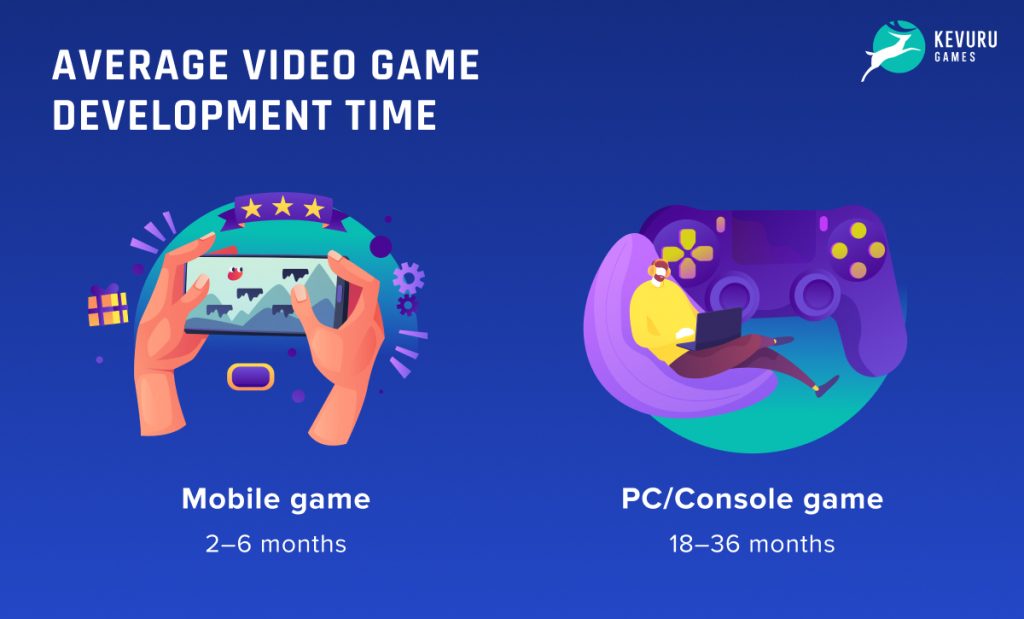
How to Choose a Video Game Developer?
Now that you’re armed with questions to ask a game developer, you can start choosing a service provider. Here we also have a surprise for you – a reliable and practice-tested checklist with up-to-date tips on choosing the best game design studio for your project. In many ways, these tips intersect with the above questions and deepen them significantly. So be sure to take a look at our checklist for choosing a reliable game contractor and forget about the nagging search problems once and for all.
Dive Deeper:
✔ How to Choose a Reliable Game Design Company? [Checklist] – Practical Tips!
FAQ
What Questions Should I Ask a Game Developer?
The key questions to ask a game developer are listed in this article. They relate to work experience, portfolio, team composition, work processes, responsibilities of the parties, development stages, and more. In turn, your contractor must clearly state what they will provide you with at each stage of work.
How Are Video Games Ideas Developed?
A game idea is most often a variation or combination of already known and well-established ideas. There are no completely new ideas in the current gaming industry, everything is already covered. But different ideas can be presented in different ways, which is realized by experimenting with game mechanics, graphics, and story.
What Language Are Phone Games and Apps Developed In?
The most famous game engine for mobile games is Unity. Others include Godot, Game Maker Studio 2, Cocos2d-x, Buildbox, Construct 3, and others.
How Do I Choose a Game Development Company?
Refer to our questions list to learn about game development contractors. Make sure that the service provider has the necessary expertise, team, and tools to implement your project.
What Are the Top Elements of a Good Game Design?
A good game design includes the following elements:
- The purpose of the game.
- Rules and restrictions.
- Growing challenges.
- Storyline.
- Awards.
Can Gamers Ask Questions to the Game Studio and Offer Ideas?
Taking into account the opinion of the players is a common practice for both indie developers and gaming giants. The only difference is that indie developers can radically change different aspects of the game while raising money for it on crowdfunding platforms and offering beta versions to donators. Large developers most often create a game based on general user preferences and correct its individual aspects or bugs in patches after release. There is also the option that in future games in the series, developers will listen to criticism of the released game and change certain aspects.

